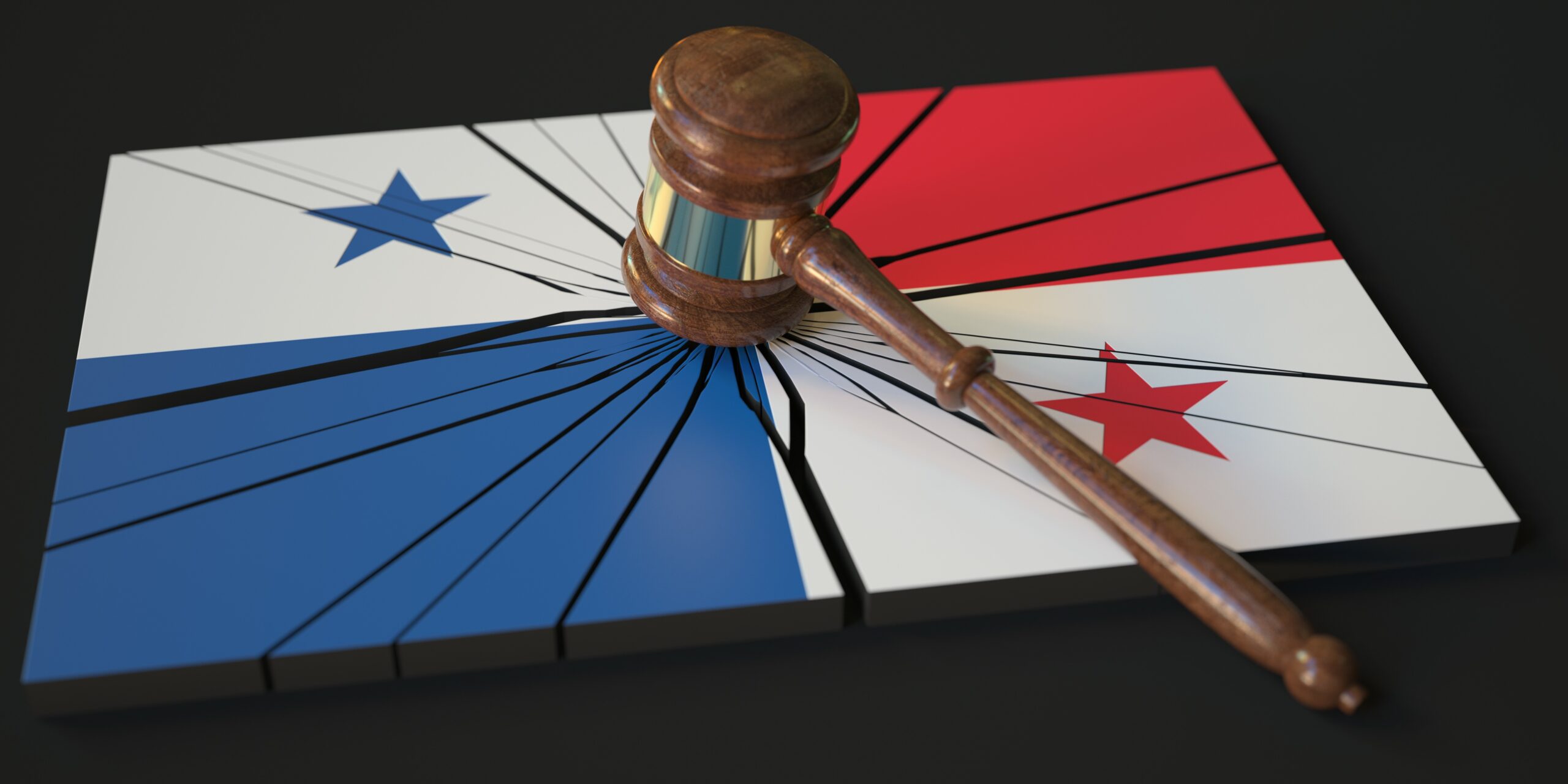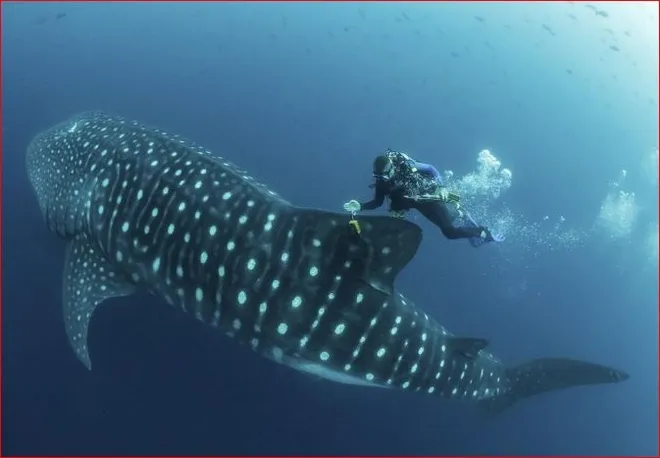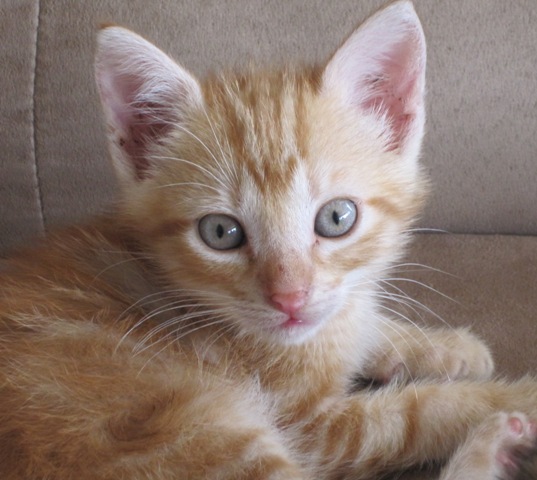Panama’s Economic System at Risk due to Counterfeiting

The recent arrival in the country of various counterfeit products and coins known as “Martinellis” from China have raised alarm among authorities due to the serious consequences they could have for the national economic system and public health.
In addition to the coins, authorities have detected shipments of Vicks, Head & Shoulder brand shampoo, toothpaste, Protex soaps, Rayovac batteries, Vaseline, Pelin rice and multiple medications.
Panamanian authorities have also managed to seize 133,478,375 units of cigarettes, whose CIF value is approximately $24,755,461.67; making an approximate profit of 50 million dollars for organized crime.
The Alliance Against Illicit Trade in Panama applauded these seizures, especially since cigarette smuggling represents a critical challenge that puts the economy, public health and market security at risk.
For her part, Soraya Valdivieso, Director of Customs, has stressed that the figures for confiscation, smuggling and customs fraud have been historic and unprecedented, reflecting the fight against these crimes.
As for the circulation of counterfeit coins, in addition to putting citizens’ confidence in the monetary system at risk, it could increase inflation, since if they are not detected in time, there will be more money on the streets, therefore, prices will rise and their value will fall.
Without a doubt, those most affected by this situation are those who still use cash as their main method of payment and businesses that accept it, such as supermarkets, stores and grocery stores.
Paradoxically, the owners of these businesses are being affected by their own compatriots, since, according to police investigations, those who are allegedly engaged in this illegal activity are of Asian origin.
The data from the first discovery indicated that the fake “Martinellis” came from China, however, machinery and equipment used to manufacture these coins were found in a facility located in Tocumen, which shows that such illegality not only originates abroad but also on national soil.
To date, seven suspects have been arrested; two of them were charged with crimes against intellectual property and computer security, and were ordered to report periodically and are prohibited from leaving the country.
So far in 2024, more than 50,000 counterfeit coins have been seized in various provinces and sectors of the country such as Chiriquí, Coclé, Chilibre and Condado del Rey.
According to the National Bank of Panama (BNP), there are no fake Martinellis currently in circulation, so merchants and citizens can trust in using this currency. In addition, it has launched a campaign to learn how to identify them.





